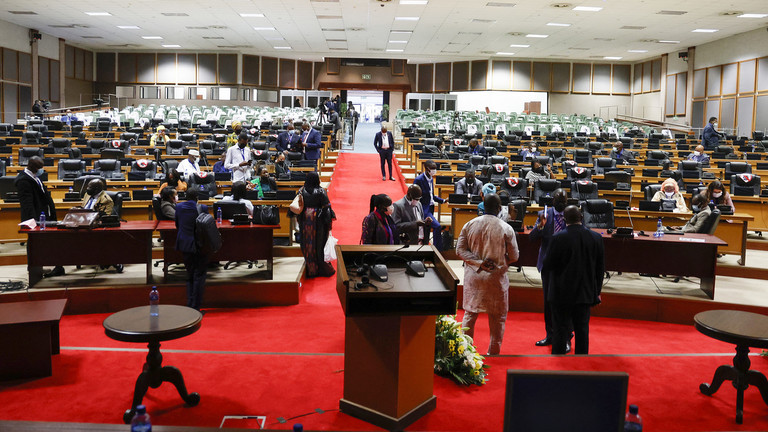Facebook shared user data with “nearly 60” device makers in deals that lasted several years, sparking fresh concerns over user privacy.
The social media giant gave major tech companies, which included Apple, Amazon, Microsoft and Samsung, access to customer information to allow Facebook to expand its reach, according to the New York Times.
Facebook’s privacy sharing policies granted certain manufacturers access to user data, including information on relationship status, calendar events, religion and political affiliation.
Device makers could also access data on friends who declined to share their information with outside parties, the report said.
While Facebook had stated previously that the sort of data sharing given to Cambridge Analytica was cut off by 2015, hardware makers were exempted. Facebook, however, said that it “strictly limited use of the data”, and that “they knew of no cases where the information had been misused”.
It said the data sharing began before app stores allowed almost any smartphone to download Facebook in order to build different versions of Facebook for smartphones.
The deals also let device makers offer and implement popular features of the social network for users, such as messaging, “like” buttons and address books.
Some of the deals remain in effect, although 22 were shut down following the Cambridge Analytica scandal.
Sandy Parakilas, a former Facebook employee who has been critical of the firm’s internal security practices, said the response from Facebook on data sharing with device makers was “hugely misleading” and said it was the same method that allowed “Aleksandr Kogan access to 87M profiles with only 270k people using his app, which he then passed to Cambridge Analytica”.
Facebook said it rejected the claim that hardware partners could access friends’ profile data without permission.
Mark Zuckerberg’s social network’s privacy sharing policies granted certain manufacturers access to individual users data – AFP
Facebook shared user data with “nearly 60” device makers in deals that lasted several years, sparking fresh concerns over user privacy.
The social media giant gave major tech companies, which included Apple, Amazon, Microsoft and Samsung, access to customer information to allow Facebook to expand its reach, according to the New York Times.
Facebook’s privacy sharing policies granted certain manufacturers access to user data, including information on relationship status, calendar events, religion and political affiliation.
Device makers could also access data on friends who declined to share their information with outside parties, the report said.
While Facebook had stated previously that the sort of data sharing given to Cambridge Analytica was cut off by 2015, hardware makers were exempted. Facebook, however, said that it “strictly limited use of the data”, and that “they knew of no cases where the information had been misused”.
It said the data sharing began before app stores allowed almost any smartphone to download Facebook in order to build different versions of Facebook for smartphones.
The deals also let device makers offer and implement popular features of the social network for users, such as messaging, “like” buttons and address books.
Some of the deals remain in effect, although 22 were shut down following the Cambridge Analytica scandal.
Sandy Parakilas, a former Facebook employee who has been critical of the firm’s internal security practices, said the response from Facebook on data sharing with device makers was “hugely misleading” and said it was the same method that allowed “Aleksandr Kogan access to 87M profiles with only 270k people using his app, which he then passed to Cambridge Analytica”.
Facebook said it rejected the claim that hardware partners could access friends’ profile data without permission.
Apple, which had access to Facebook data, stated that it “relied on private access to Facebook data for features that enabled users to post photos to the social network without opening the Facebook app”. However, Apple cut off that access last September.
Following the Cambridge Analytica scandal, Apple’s Tim Cook said that he “wouldn’t be in this situation” that Facebook’s Mark Zuckerberg was in at the time.
Facebook head of partnerships Ime Archibong said: “In the early days of mobile, the demand for Facebook outpaced our ability to build versions of the product that worked on every phone or operating system… These partners signed agreements that prevented people’s Facebook information from being used for any other purpose than to recreate Facebook-like experiences.”

 FINANCE12 months ago
FINANCE12 months ago
 LIFE12 months ago
LIFE12 months ago
 NEWS12 months ago
NEWS12 months ago
 FINANCE12 months ago
FINANCE12 months ago
 FINANCE12 months ago
FINANCE12 months ago
 WAR12 months ago
WAR12 months ago
 FINANCE12 months ago
FINANCE12 months ago
 NEWS12 months ago
NEWS12 months ago

























































